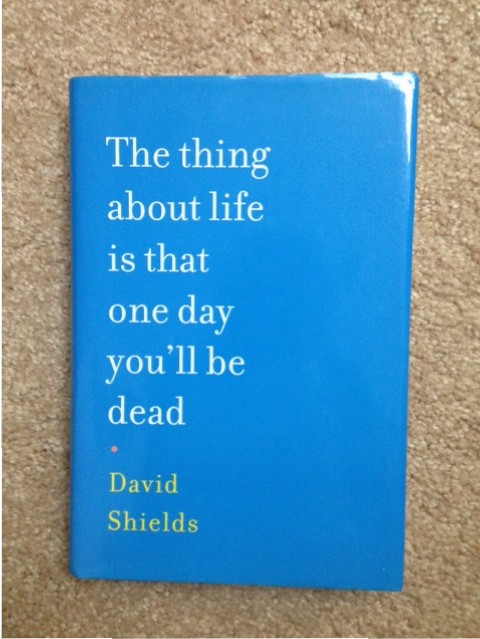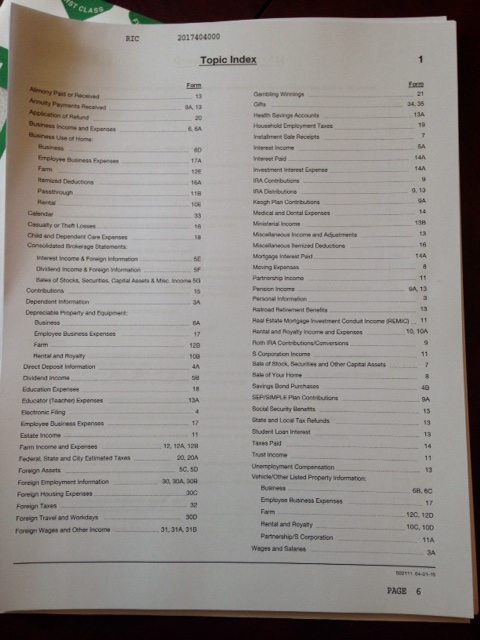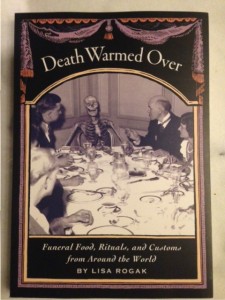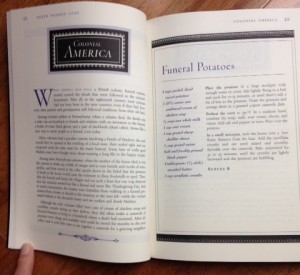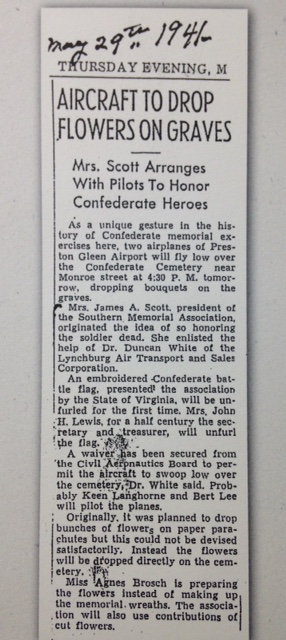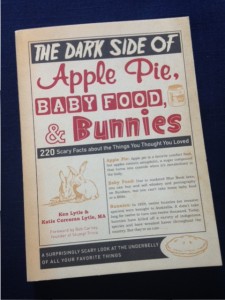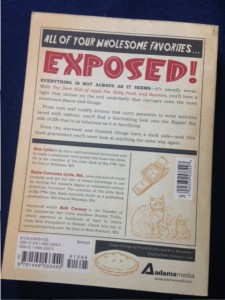- alimony paid or received (or not)—and associated hostility
- business use of home—and the strain it puts on family
- casualty or theft loss—and the aftermath of being a victim of crime
- child and dependent care expenses—meeting them, but also finding such services in the first place
- contributions—a willing tithe to church, or possibly being pressured to support your alma mater
- education expenses—and doubts about whether the degree is worth it
- foreign assets, expenses, taxes, and income—and what to do about off-shore accounts and tax shelters
- gambling winnings (or losses)—and whether to join Gamblers Anonymous
- gifts—and why they were given
- medical and dental expenses—and the trauma of diagnosis, surgery, recovery (or not)
- miscellaneous income and adjustments (They really expect people to report illegal income??)
- mortgage or education loan interest paid—and the continuing burden from years ago
- moving expenses—whether the move was up or down, willing or forced
- sale of home, stock, or other capital assets—and why the sale? Was the market down at the time or up?
- unemployment compensation—whether it was enough, whether it ended too soon, whether filing for it was humiliating
stakes
Finding the Fun in Funerals
Or if not fun, at least rich material for writers.
My most recent blog, Embracing Death, touched on this topic tangentially, but really, given all they can do for a story, funerals need their own focus. So, how can writers use funerals?
Burial rituals reflect culture, socio-economic class, and time period—without having to specify such things in the narrative.
Within those broad parameters, many decisions need to be made. What if the relevant relatives disagree on things? Music, prayers, cost of the casket, who speaks at the service, what happens at the graveside. . . What if there is no grave? (The same could apply to memorial services.) Where will the body be buried or the ashes scattered? And so we have the possibilities of coalitions forming. Maybe these reflect already existing ties or loyalties.
What if the deceased person’s wishes to donate organs—or the whole body to a medical school—horrify the survivors? Who will have the final word? Will s/he just announce, or work for cooperation and consensus? And will that succeed?
Often a funeral will bring together people who haven’t seen and/or talked to each other in years. This makes possible happy reunions, but also the resurgence of past rivalries, jealousies, and grievances.
Heirs may start squabbling over their inheritances before the funeral even happens! And it doesn’t have to be millions at stake. In my novel Nettie’s Books (forthcoming), the hostilities erupt over quilts, stoneware pitchers, and a cake plate!
I often find the fun in funerals. My story “The Red Glove” features a drive-through funeral home in Maine. “Wanted” also features a father lying in state at Herschel Southern Drive-Thru Mortuary, resting peacefully behind plate glass.
What about you? If you’re a writer, have you looked on the light side of funerals, or do you write about their inherent tensions?
TAKEAWAY FOR WRITERS
Look on the Dark Side

